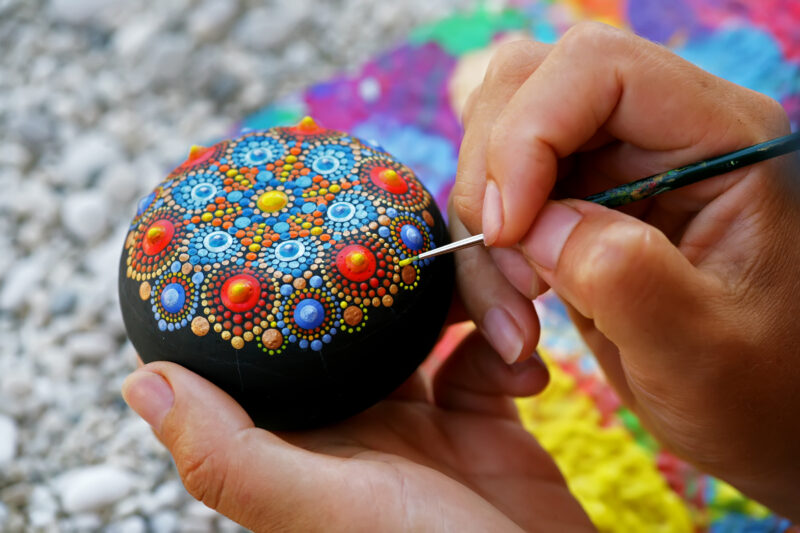The reconciliation journey is one that all Australians can take, no matter their age or background. Reconciliation is about strengthening relationships and connections between Aboriginal and Torres Strait Islander people and non-Indigenous people.
As adults, we can play an important role in supporting children to understand reconciliation. From an early age, children can learn about our First Nations people and understand that Aboriginal and Torres Strait Islander people are the Traditional Custodians of the land on which we live. They can also be educated on Indigenous culture, respect, equity and more.
As we move towards being a more inclusive, respectful and understanding country, it’s important that children are brought along on the reconciliation journey.
Ways that we can help children understand reconciliation
Did you know that Australia’s First Nations people have one of the oldest continuing cultures in the world?
During Reconciliation Week, and throughout the year, there are numerous ways that you can engage children in activities to promote an environment of learning and help them to understand reconciliation.
Storytelling
A great way to introduce young children to Indigenous Australian culture is through picture and storytelling books. Storytelling is a great learning mechanism for their developing minds.
A vast number of Aboriginal and Torres Strait Islander people have used their stories to create engaging and educational books for children to learn about their culture, history and values.
You can access First Nations children’s books at your local library, or support local authors and illustrators by purchasing books from online retailers like:
Discussions with Elders
Aboriginal and/or Torres Strait Islander Elders and community members have incredible stories to tell. Passed down for generations, their stories teach lessons, values, traditions and more.
By inviting a known Aboriginal and/or Torres Strait Islander Elder or community member to share their culturally significant stories with groups of children (and adults), listeners can learn more about Indigenous culture on a deeper and personal level. Thus, leaving them with a lasting impression.
Arts and crafts
Another way to engage children in Indigenous culture and strengthen their understanding of reconciliation is through creative learning and play. Here are some arts and craft activities for children to do while also learning about Aboriginal and Torres Strait Islander culture:
- Painting the Aboriginal or Torres Strait Islander flag
- Dot painting
- Rock painting
- Painting a scene from a Dreamtime story
- Painting Aboriginal symbols or stones
- Nature Walk and Collage (using items collected on the walk, i.e. leaves and sticks).

Learning Indigenous languages
This involves helping children to learn simple words and phrases from different Indigenous languages. You can take this one step further and encourage them to incorporate their learnings into games.
Here are some tips for adults and educators when teaching children Indigenous languages.
Bush and nature walks
For a lot of Aboriginal and Torres Strait Islander people, their culture is centered around their deep connection to the land. Not only are bush and nature walks a great learning opportunity for adults, but they can also teach children a lot about sacred sites, stories and appreciation of flora and fauna.
Bush and nature walks are usually led by Aboriginal Elders or guides. To find out about a guided walk near you, chat to a community Elder or visit sites like the ones listed below for more information.
Other ways to help children understand reconciliation and First Nations culture
Here are some other ways to educate children about reconciliation and First Nations culture.
- Exploring traditional foods such as kangaroo meat, damper, insects like witchetty grubs, and certain fruits and seeds
- Celebrate Indigenous holidays and traditions like Reconciliation Week, NAIDOC Week, and National Sorry Day
- Engage in opportunities for ongoing learning and collaboration.
Find out more
To find out more about Anglicare Southern Queensland’s journey towards reconciliation and commitment to First Nations people, please visit our First Nations page.
Alternatively, for more children and parenting resources please visit our Family Support Resources page.
